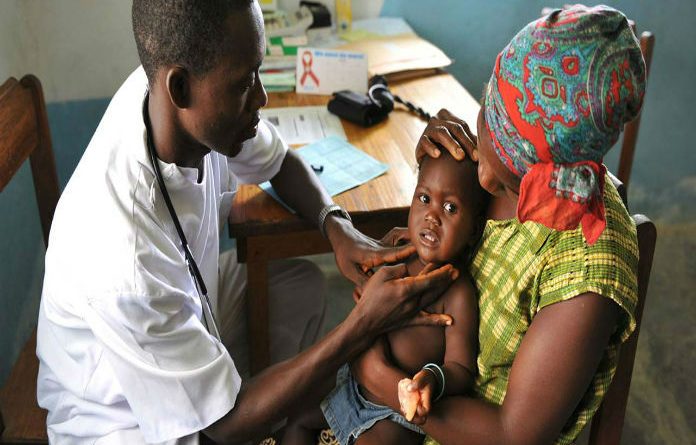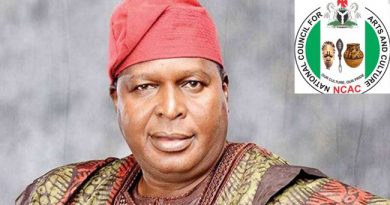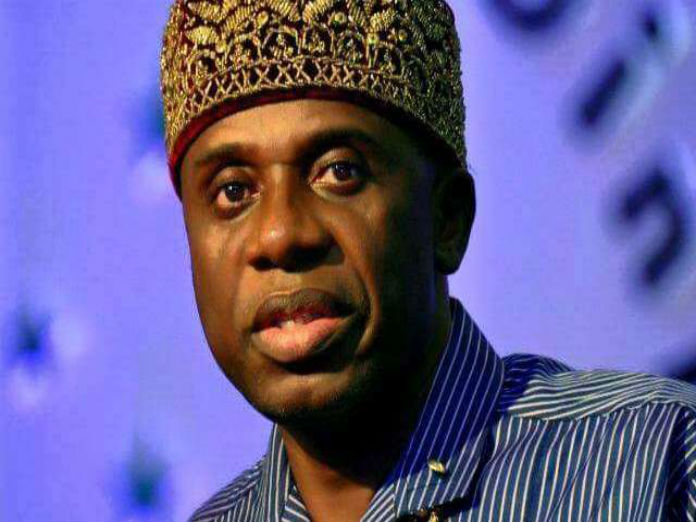COVID-19: Stakeholders express concern on PHC Services
Stakeholders have expressed concern over the level of Primary Health Care (PHC), services in the country, calling for prioritization of investment in human resources, health infrastructure, and power.
The statement was made at a recent online dialogue convened by Good Governance Team Nigeria (GGT) in collaboration with Health Reform Foundation of Nigeria (HERFON), and with the support of a German green foundation, Heinrich Boll Stiftung (HBS) Abuja County Office, have expressed greatest concern about the continuation of routine primary health care (PHC) services amidst the corona virus (COVID-19) pandemic in Nigeria. The stakeholders stressed that without continuation of basic PHC services such as immunization, care of pregnant women, newborns, and children who are the most vulnerable in the society; there may be more deaths from preventable diseases.
The zoom dialogue which drew participants from health sector governance, policy makers, development partners, civil society, academic, and the private sector was convened to offer concrete and actionable suggestions on how to build strong healthcare system in Nigeria. The participants at the online dialogue underscored the importance of resilient healthcare system towards Nigeria’s response to combat COVID-19.
While lamenting the huge deficit in human resources for health and deplorable state of health infrastructure at the PHC level, the participants specifically called for investment to revamp the PHC subsector especially at the subnational state governments’ level as well as effective policies implementation in the health sector. As one of the panelists noted “Nigeria has wonderful policies, but the policies are not fully implemented; if policies, like Primary Health Care Under One Roof (PHCUOR) and PHC per ward strategy are fully implemented with fully functional facilities that have complete staff complement and health infrastructure the picture will be different”.
Accordingly, the participants agreed that infrastructure is a major problem; “no electricity, no running water for majority of PHCs and without electricity, how are the facilities going to work 24/7 (some PHCs even use candle light, lantern, and fusil fuels to conduct night emergencies)?” Rather than have thousands of nonfunctional PHC facilities scattered across the country, they suggested consolidating facilities to at least one fully functional PHC per political ward.
While the panelists contended that Basic Health Care Provision Fund (BHCPF) may not solve all the health financing challenges of PHC in Nigeria, they however posited that it was a necessary stimulus to guide the direction of spending into critical areas such as funding for the operational running of PHCCs as well as addressing the demand for PHC services by supporting the establishment of state health insurance schemes (SHIS) at the subnational level.
The dialogue therefore applauded the revised guideline for the implementation of BHCPF slated for the approval at the emergency meeting of the National Council on Health.
The dialogue observed that heavy budgets allocation at policy level with little dribbles down at PHC facility level continue to blur the ground visioning around the PHC as the cornerstone of Nigeria’s healthcare policy.
The unrealistic budgets compared with resource availability at the subnational level has resulted into a clear culture of poor budget releases implicated in large variances between appropriation and low budget execution. As such the participants noted that the budgets needed to be strategically related to the highest impact interventions to be effective. The participants thus called on government at all levels to ensure budget realism and accountability by optimal allocation of scare resources for effective utilization.
In a goodwill message read on its behalf by the convener of the dialogue, Mallam Tunde Salman, the federal ministry of health, harped on need for strengthened governance at all levels as well as partnership and collaboration. The ministry therefore welcomed strong partnership and collaboration with all stakeholders towards building a resilient health system.
The ministry stated that the Second National Strategic Health Development Plan (2018-2022) jointly developed with the goal of ensuring healthy lives and promoting the wellbeing of Nigerian populace at all ages to increase the utilization of essential health services through a strengthened health system and by ensuring that the populace does not suffer any financial hardship accessing basic services.
Going forward, the participants expressed the need for the prioritization of investment in human resources and harped on the centrality of reliable electricity to the functionality of health infrastructure, and equipment, and called for initial investments to bring PHCs up to where they needed to be to deliver quality services to the people.




